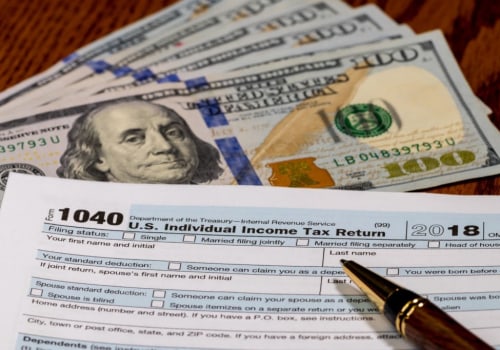The period for settling taxes may also be extended by agreement of the taxpayer under Section 6501 (c) of the IRC (. If the IRS is conducting an audit and the statute is about to run out, it will generally request an extension even for routine and mundane matters. As a general rule, there is a ten-year statute of limitations for IRS collections. This means that the IRS can attempt to collect outstanding taxes for up to ten years from the date they were assessed.
Subject to some important exceptions, after the ten years have elapsed, the IRS must stop its collection efforts. Every year, the statute of limitations expires for thousands of taxpayers who owe money to the IRS. Home Concrete & Supply, LLC, 132 S. The Supreme Court held that three years was sufficient time for the IRS to conduct an audit, but Congress overturned the Supreme Court and granted the IRS six years in that case, which is the current law.
Six years can be a long time. This override of the standard three- or six-year IRS statute of limitations is overwhelming. Not only does the IRS have an indefinite period to review and evaluate taxes on items related to the missing Form 5471, but it can also make any adjustments to the entire tax return, without due date until the required Form 5471 is filed. If you file electronically, keep all data electronically, as well as a hard copy of your return.
When it comes to record retention, many people feel safe destroying receipts and supporting data after six or seven years, but they never destroy old tax returns. Also, don't destroy old receipts if they refer to the base of an asset. For example, receipts for remodeling a house 15 years ago are still relevant, as long as you own the home. You may have to prove your base when you sell it later and you'll want to apply for a base increase for the remodeling 15 years ago.
For all these reasons, be careful and keep good records.



